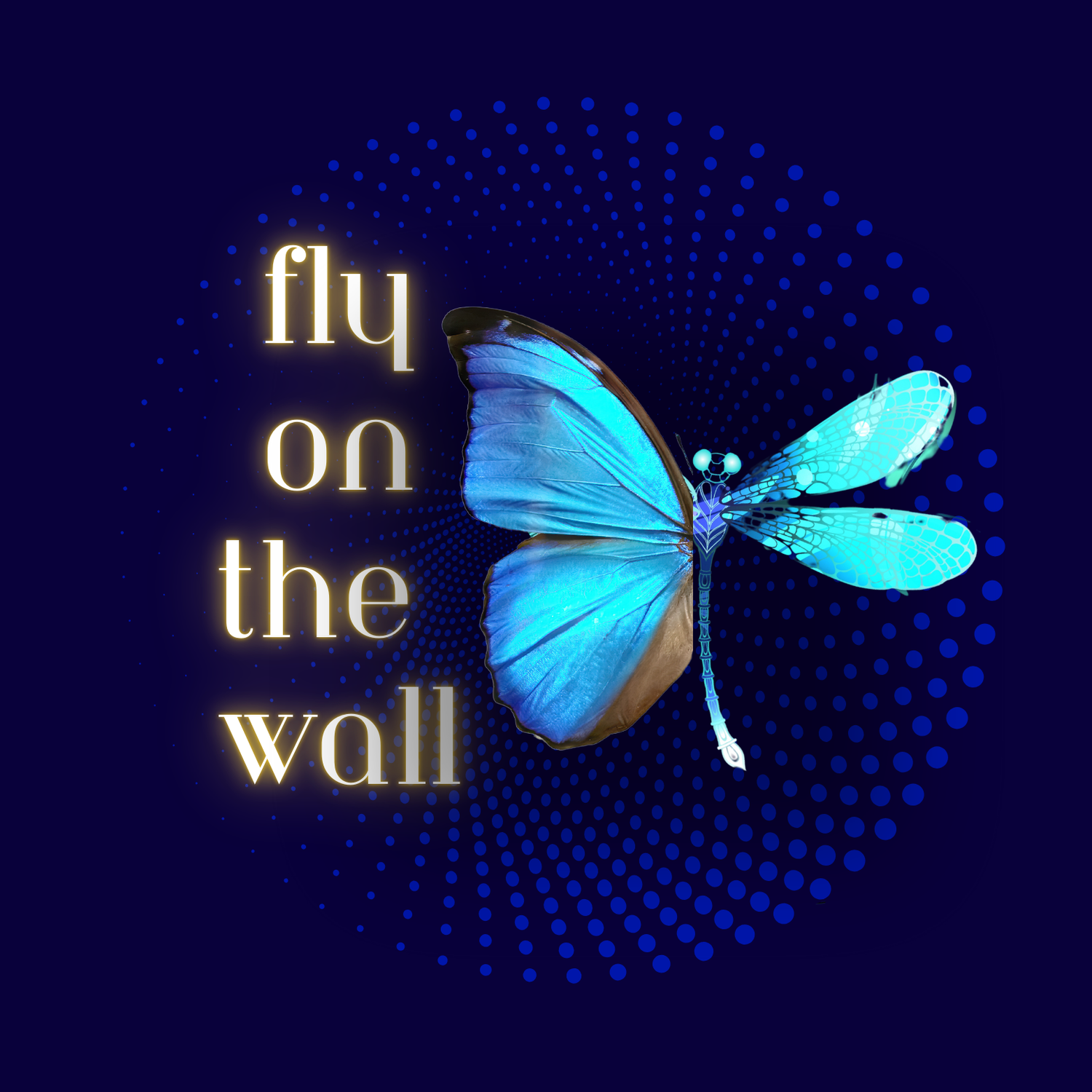Why I Became Interested in Perinatal Neurodiversity
Written by Hannah Cleaver-Marshall
The transition into motherhood is never simple, but for me, the perinatal journey was especially intense.
I am a mother of five (I gave birth to four of my children), and while I look back with love on those early years, I also remember the enormous challenges I faced, challenges that I didn’t fully understand at the time.
I wasn’t diagnosed as neurodivergent until after I had finished having children.
The early parenting years.
Looking back, so much suddenly made sense.
During pregnancy, birth, and early motherhood, I experienced massive sensory overwhelm - sounds, lights, touch. Back then, the overwhelm felt unexplained and lonely, and it played a big part in my experience of postnatal depression.
I chose to home-birth, which supported my sensory needs in a way that hospital environments couldn’t.
It gave me more control, more calm, and a greater sense of safety.
I also breastfed my children until 18 months, but I constantly struggled with ongoing pain. My original goal was to breastfeed for two years, but the pain and lack of understanding about what I was experiencing made me give up earlier than I had hoped. That decision carried its own grief and sense of failure.
Because I was undiagnosed, most people, including myself, couldn’t recognise that many of my difficulties weren’t about me being “difficult” or “failing”. That lack of understanding created unnecessary distress, when what I really needed was support, validation, and access to information.
These experiences are what sparked my deep interest in perinatal neurodiversity.
They are also why I am now focusing my postgraduate research on the neurodiverse experiences of women, especially mothers.
Today, I am passionate about raising awareness and promoting neuro-affirming care. Recently, I have had the privilege of working alongside Marina to develop a workshop for midwifery students, helping to bring these issues into focus. I believe that easy access to information is key to wellbeing, and by ensuring neurodivergent mothers have the knowledge and support they need, we can help to create a system where more women feel seen, supported, and understood.
Our presentations are adapted for our audiences to ensure that they are relevant and meaningful.
The information presented is a combination of lived experience and published academic readings.
If you find that you might be interested in attending a workshop on the neurodivergent experiences in pregnancy, birth and first year of baby’s life, please contact us.



